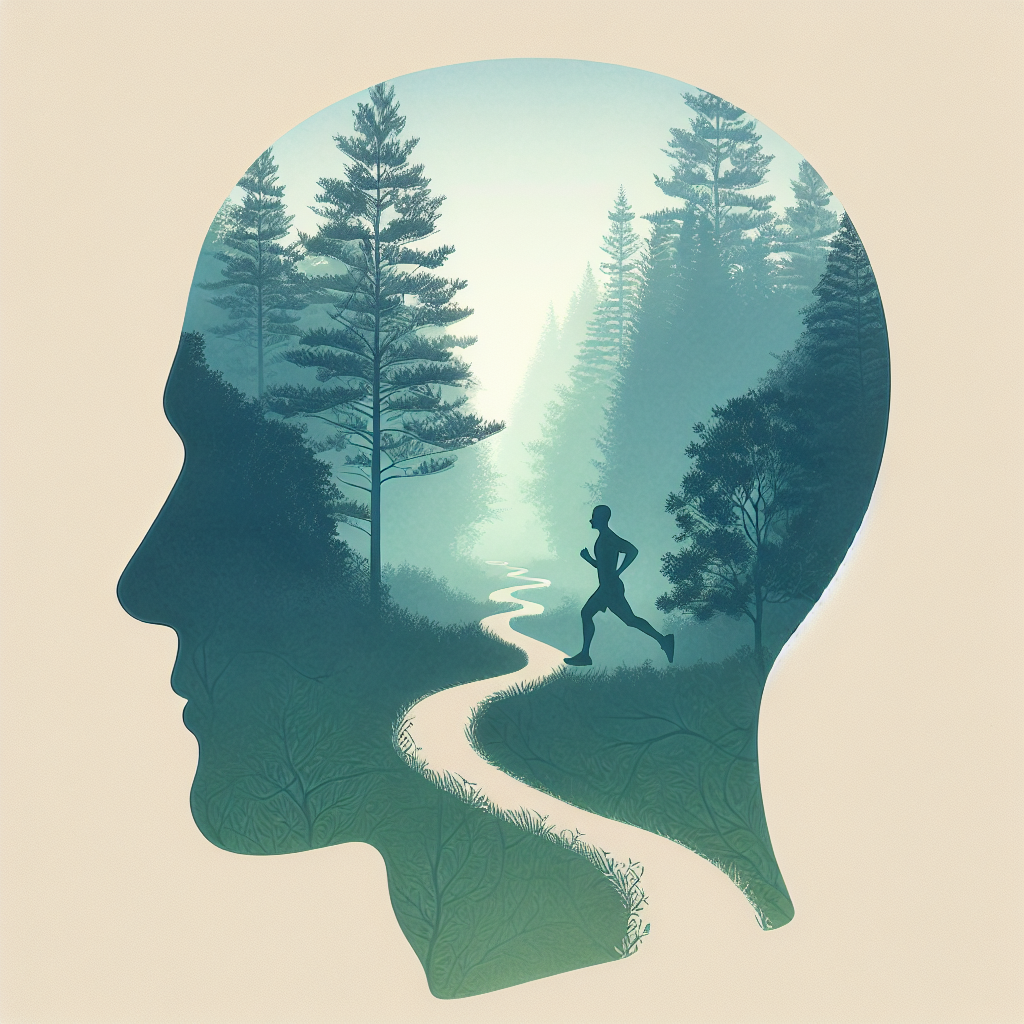### The Impact of Exercise on Mental Health: A Deep Dive
As a society, we are becoming increasingly aware of the importance of physical exercise. Its benefits for physical health, such as reducing the risk of heart disease, maintaining a healthy weight, and strengthening bones, are well-known to most of us. However, its impact on our mental well-being is now equally gaining recognition. This blog will delve into the science behind how exercise affects your mental health and why making it a part of your daily routine can be a game changer.
**The Science Behind Exercise and Mental Health**
Exercise induces multiple physiological responses that interact and contribute to its beneficial effects on mental health. When we exercise, our body releases endorphins, also known as “feel-good” hormones. Endorphins trigger a positive feeling in the body, similar to that of morphine, resulting in a surge of positivity and happiness.
Physical activity also stimulates the production of serotonin, dopamine, and norepinephrine. These neurotransmitters help in regulating our mood and sleep, making us feel better just by moving our bodies.
Furthermore, research shows that exercise can enhance the growth of new brain cells and improve cognitive functioning, especially in the prefrontal and medial temporal cortex, areas associated with thinking and memory.
**Exercise and Mental Health Conditions**
Studies indicate that exercise can be an effective way to manage symptoms of various mental health conditions like depression, anxiety, ADHD, PTSD, and more.
– *Depression*: Regular exercise may help ease symptoms of depression by releasing feel-good endorphins and driving neural growth and new activity patterns that promote feelings of calm.
– *Anxiety*: By relieving tension and stress, boosting physical and mental energy, and enhancing well-being through endorphins, exercise can be a powerful antidote to anxiety.
– *ADHD*: Physical activity immediately boosts the brain’s dopamine, norepinephrine, and serotonin levels—all of which affect focus and attention.
– *PTSD*: Focusing on your body and how it feels as you exercise can help your nervous system become “unstuck” and start to move out of the immobilization stress response.
**Incorporating Exercise Into Your Daily Routine**
Bearing in mind the profound impact of physical activity on mental health, making exercise a part of our daily lives is imperative. Here are a few suggestions on how you can start:
– Dedicate at least 30 minutes to physical activity every day
– Choose a form of exercise you enjoy to ensure consistency
– If you’re not a gym person, consider activities like yoga, dancing, swimming, or even walking a dog
– Make it a social activity by inviting a friend or joining group classes
In conclusion, exercise is not just about physical health. It also fundamentally affects our mental health and overall well-being. Endorphins, serotonin, and the other physiological changes brought on by physical activity can significantly improve our mood, reduce stress, and help manage symptoms of various mental health disorders. By adopting an active lifestyle, we can enjoy these benefits and improve the quality of our lives dramatically.
Remember, it’s not about how intense your workouts are, but rather about consistency and enjoying the process! Let’s get moving and keep our minds as fit as our bodies!
_References:_
1. Harvard Health Publishing. (2020). Exercise is an all-natural treatment to fight depression. Harvard Health.
2. Mayo Clinic. (2020). Depression and anxiety: Exercise eases symptoms. Mayo Clinic.
3. Basso JC, Suzuki WA. (2017). The Effects of Acute Exercise on Mood, Cognition, Neurophysiology, and Neurochemical Pathways: A Review. Brain Plasticity.
4. Childs E, de Wit H. (2014). Regular exercise is associated with emotional resilience to acute stress in healthy adults. Front Physiol.


